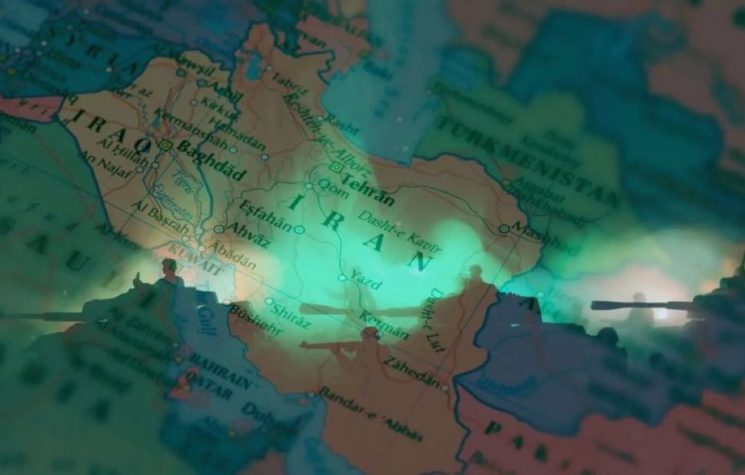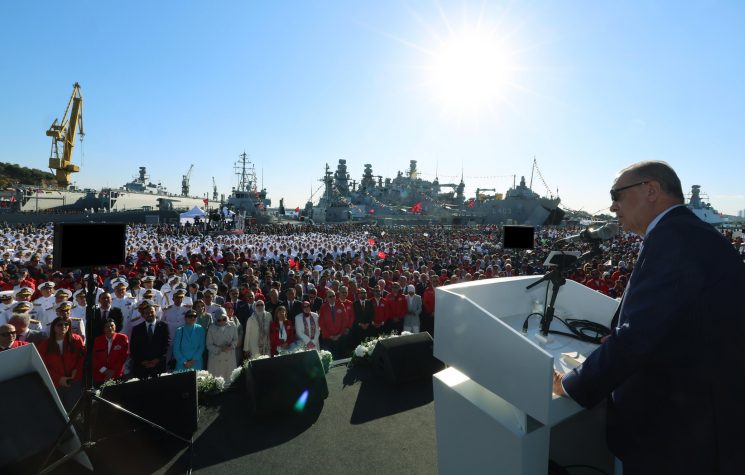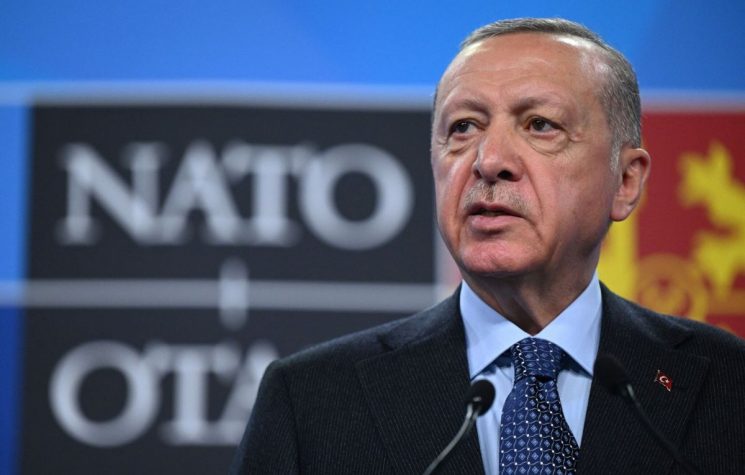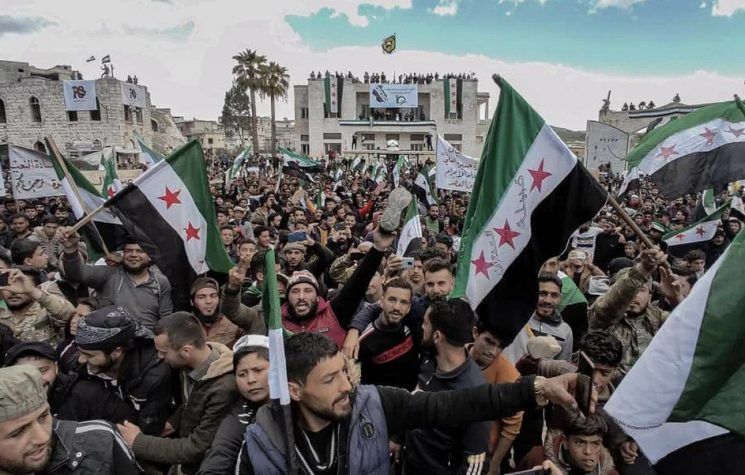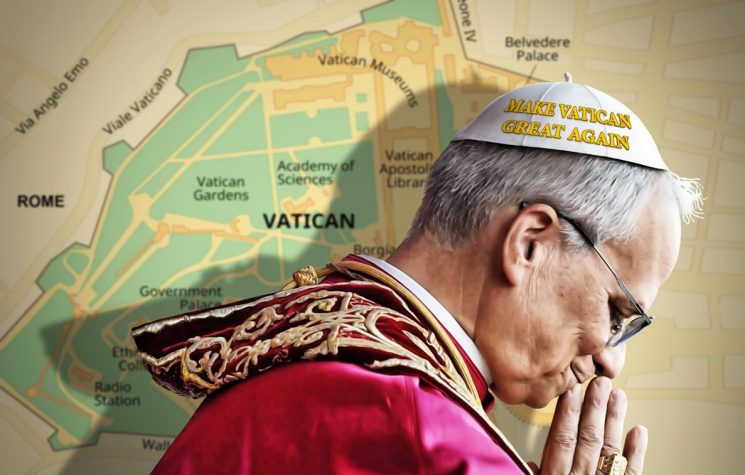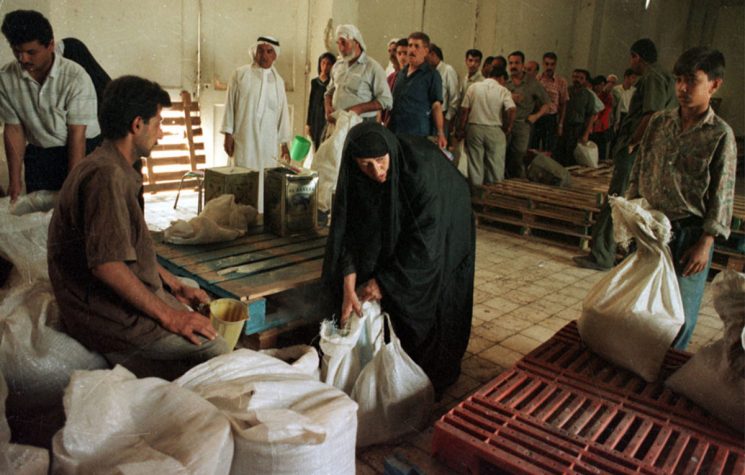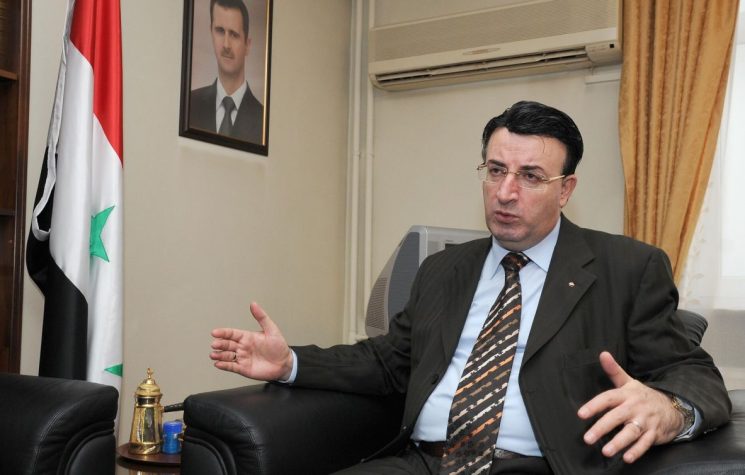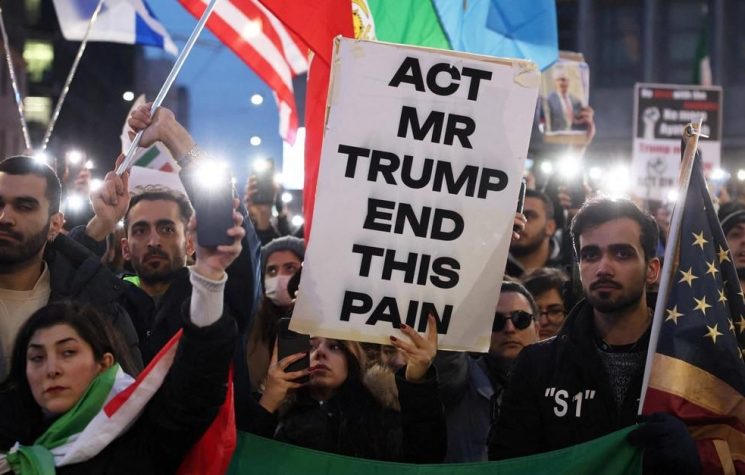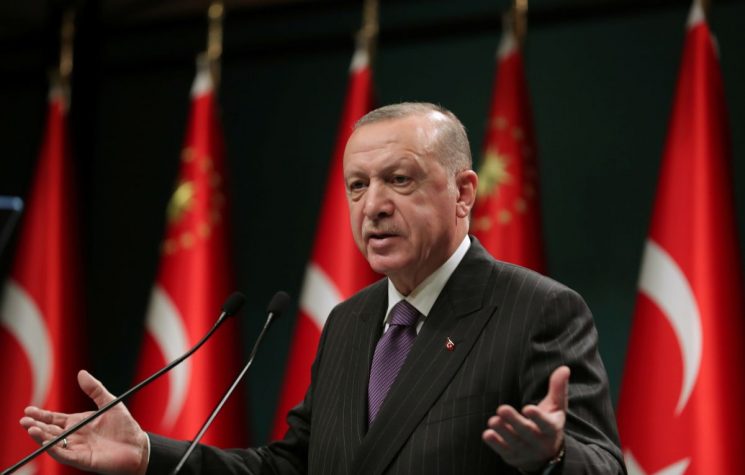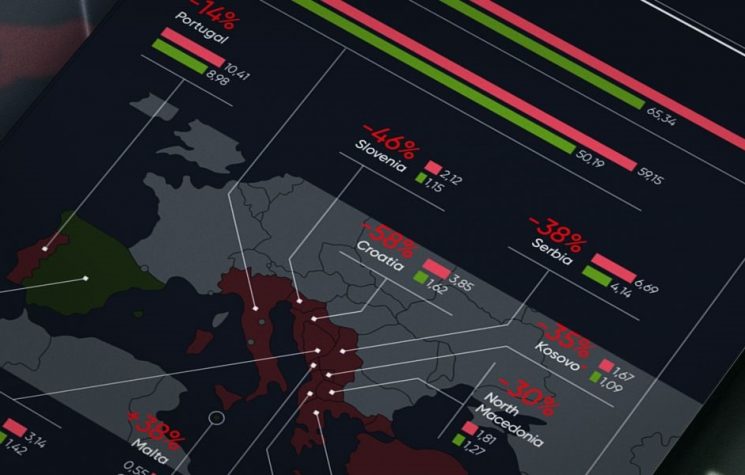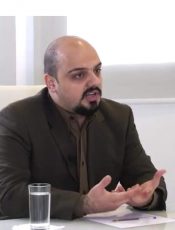Iraqi Prime Minister Mohammed Shia al-Sudani said on May 31, his government was working on reconciliation between Ankara and Damascus.
Contact us: info@strategic-culture.su
Iraqi Prime Minister Mohammed Shia al-Sudani said on May 31, his government was working on reconciliation between Ankara and Damascus.
“God willing, we will see some steps in this regard soon,” Sudani told a Turkish broadcast media, adding that he was in contact with Syrian President Bashar al-Assad as well as Turkish President Recep Tayyip Erdogan in regards to reconciliation efforts.
Turkey had been backing armed groups that were fighting in the failed US-NATO war in Syria for regime change which began in 2011 by President Obama. Erdogan publicly announced in 2022 that ousting Assad was no longer his government’s goal in Syria. The first high-level direct talks between the two countries, brokered by Russia the same year, were not successful because Damascus demanded an end to the Turkish military occupation of Syria as a prerequisite to restoring diplomatic ties.
Sudani visited Damascus last July, and Erdogan visited Baghdad last month, while also last month the Iraqi premier held security talks with Syria’s interior minister, Muhammad al-Rahmoun, in Baghdad.
Sudani said the security of both Iraq and Syria are threatened by areas in Syria “that are not controlled by the Syrian government.” The province of Idlib is controlled by HTS, formerly the Al Qaeda branch in Syria, Turkey occupies areas of the border north of Aleppo, and the US occupies areas in the northeast and the border with Iraq. Sudani is identifying HTS, Turkey, and the US as threats to national security of both countries.
In April, Iraq recognized the PKK as a banned international terrorist group. The north of Iraq is “Iraqi Kurdistan”, and it has major energy resources. While it is supposed to pledge nominal allegiance to Baghdad, the PKK are headquartered there.
The US partnered with the Syrian Democratic Forces (SDF) in the coalition to defeat ISIS in Syria. Turkey views the SDF as an extension of the PKK in Syria, and this has been the reason given for the Turkish military invasion in sensitive areas along the northern Syrian border.
The PKK has been waging an armed campaign against the Turkish state for Kurdish self-rule inside Turkey since 1984 and is considered a terrorist organization by Turkey, the United States and the European Union.
The PKK have killed over 30,000 people over three decades of terrorist activity, and crushing US-allied SDF remains one of the top security concerns for Turkey, as Ankara equates it with the PKK.
The main goal of the unfruitful direct talks between high-level Turkish, Syrian and Russian officials in 2022 was largely aimed at eradicating the Kurdish-led autonomous administration in northern Syria.
The Turkish armed forces launched five ground incursions into Syria from 2016 to 2020 — four against the SDF and one against ISIS — and it regularly conducts airstrikes in SDF-controlled regions.
Erdoğan declared on May 29, that Turkey will not allow Kurdish-led groups in Syria to establish a semi-autonomous state along its borders following the announcement of upcoming municipal elections by the SDF, who plan to hold elections on June 11 in the northern and eastern provinces of Syria, including Hassakeh, Raqqa, Deir el-Zour and parts of Aleppo.
“Turkey will never allow the separatist organization to establish a terror state just beyond its southern borders in the north of Syria and Iraq,” Erdogan said during the Efes-2024 Joint Military Exercise.
On May 28, Erdogan emphasized Turkey’s commitment to combating terrorism and maintaining the territorial integrity of Syria and Iraq. Turkey plans to address the Kurdish issue at the upcoming NATO Summit in July.
The Kurdish-led autonomous administration in Syria, which is organizing the elections, sees them as a step towards greater self-governance, which is a red-line for Turkey.
Erdogan’s strong stance also sends a message to the US. America is governed on an interests-only set of values, and is a transactional partner. The Oval Office is capable of stabbing a loyal ally in the back when it serves the US interests.
On May 30, US Ambassador to the UN Linda Thomas-Greenfield, addressed the UN Security Council on the current situation in Syria. She remarked that at the recent Brussels Conference, the US had pledged $593 million dollars for humanitarian aid to Syria.
However, that aid goes to a very small percentage of the Syrian people, exclusively to Syrians in refugee camps outside of Syria, and the terrorist-controlled province of Idlib, and the Kurdish northeast which houses the illegal US military base. The vast majority of Syrians, who live in Syrian government controlled areas, which is over 70% of the country, get nothing from the US, even though the UN envoy to Syria Geir Pedersen says they are facing food insecurity.
“And we will continue to push for sustainable humanitarian aid, and a sustainable political resolution to this conflict, to give the Syrian people a taste of democracy, stability, and the freedom they deserve,” said Thomas-Greenfield.
When President Obama designed the US-NATO war on Syria for regime change, he was not aiming for democracy, stability or freedom for the Syrian people. What he delivered while using international terrorists trucked in from Turkey and Jordan, was the exact opposite of democracy, stability and freedom. He delivered chaos, destruction, the deaths of at least 300,00 people, and caused the largest human migration in decades. Did the Syrian people deserve that?
Thomas-Greenfield hinted at the lifting of sanctions if the Syrian government will comply with UN resolution 2254.
Following her speech, Russia, the US and Syria traded accusations during a heated exchange at the UN Security Council, when Russia’s Ambassador Dmitry Chumakov criticized the US’ military presence in Syria ‘under the pretext of allegedly fighting terrorism,” as “having a destabilizing effect. Washington’s double standards are clearly manifested here.”
Syrian Ambassador Qusay al-Dahhak took the floor and criticized the US-led coalition to fight ISIS, and questioned the US, UK and French envoys about not commenting on the “damage caused by the illegal coalition” in the so-called fight against the ISIS terror group.
He accused the US of imposing sanctions that have killed civilians, prevented refugees and internally displaced peoples from peace and denied hope for Syrians.
US deputy envoy Robert Wood responded critically to the Syrian envoy for claims that Washington is “looting Syrian property and oil resources.”
“This is out of the Syrian playbook. It’s absolute nonsense. The US is not looting Syrian property, or taking seizing its oil resources,” Wood said.
However, Wood is wrong. Either he is ignorant of the facts in Syria, or he is lying. The largest oil wells in Syria are under the control of the illegal US military forces. That oil used to power the electricity generators and provide electricity to the national grid. Now, Syrians get 1 hour of electricity in 3 intervals in 24 hours. In fact, Trump stated in 2019 that the US would stay in Syria to steal the oil. Actually, the US military gives the stolen oil to the SDF who take it to Iraqi Kurdistan and it is sold for their benefit.












